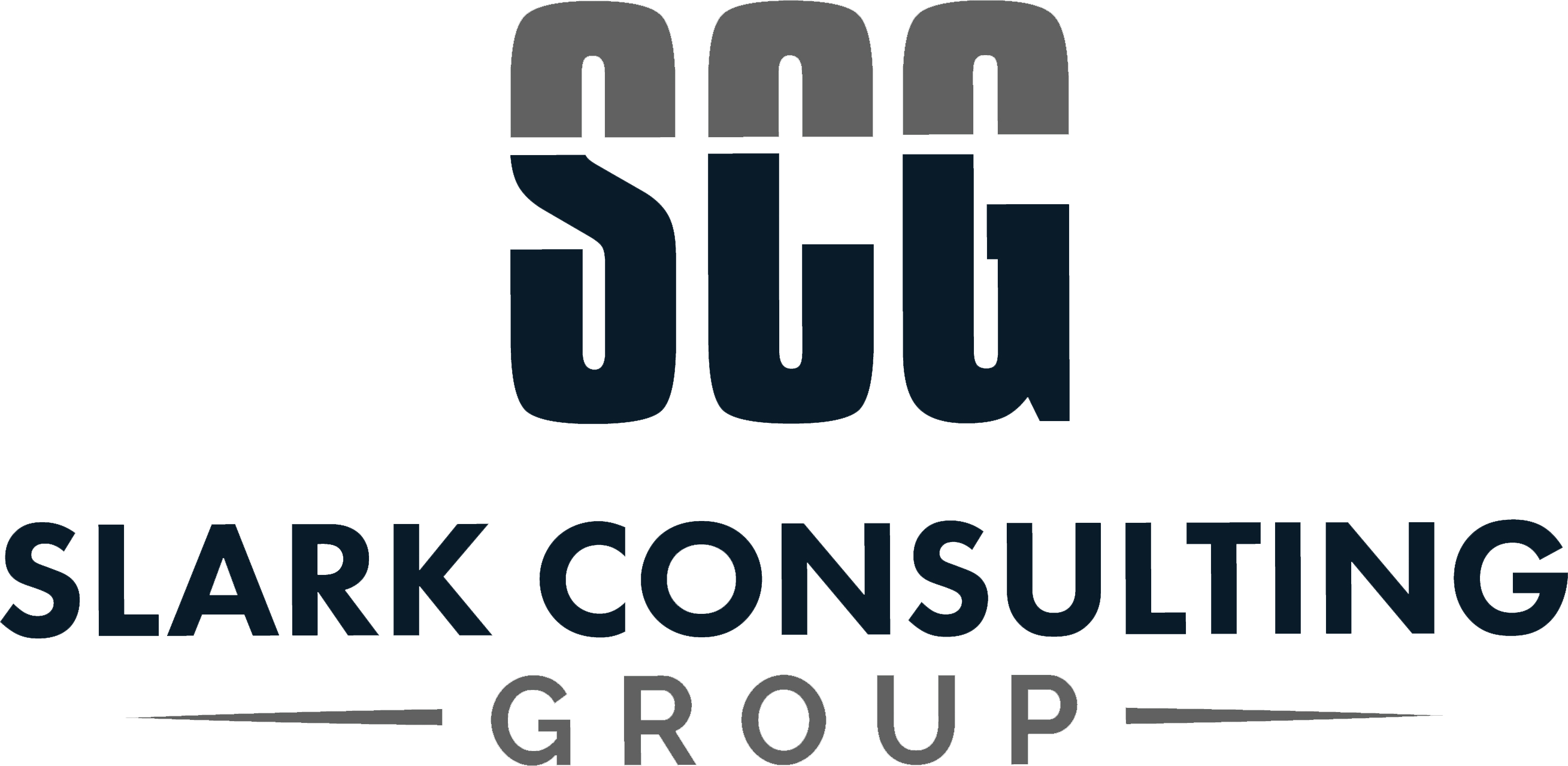Women in business face unique challenges and needs, and addressing these needs is crucial for creating a more inclusive and equitable workplace.
- The need for flexibility
One of the most common needs of women in business is the need for flexibility. Many women are also caretakers, whether for children, elderly parents, or other family members, and they need to balance their work and personal responsibilities. Flexibility includes scheduling, telecommuting, and paid parental leave.
- The need for mentors
Another common need of women in business is mentorship and sponsorship. Research has shown that women are less likely than men to have mentors or sponsors in the workplace and that this lack of support can impede their career advancement. Companies can address this by creating mentorship and sponsorship programs that connect women with experienced leaders who can provide guidance and advocacy.
- The need for developing professional networks
Women in business also face unique challenges regarding networking and building relationships. As a result, they may need support in building a professional network of peers, mentors, and other allies. Relationship building could be through networking events, industry groups, or online forums specifically for women in business.
- The need for a fair work environment
In addition to these common needs, women in business often face discrimination and bias in the workplace. Bias can manifest in several ways, from being overlooked for promotions to experiencing harassment. Addressing these issues requires companies to have clear policies, training, and education programs to help employees understand and identify discrimination and bias.
- The need for inclusive work cultures
Lastly, one common need for many women in business is the need for workplace policies and cultures that promote diversity and inclusivity. Inclusivity includes providing an environment that supports different perspectives, ideas, and backgrounds—creating a culture that welcomes and supports the unique contributions of all employees, including women.
Conclusion
Overall, addressing the needs of women in business is essential for creating a more inclusive and equitable workplace and leading to better outcomes for employees and the companies themselves.
